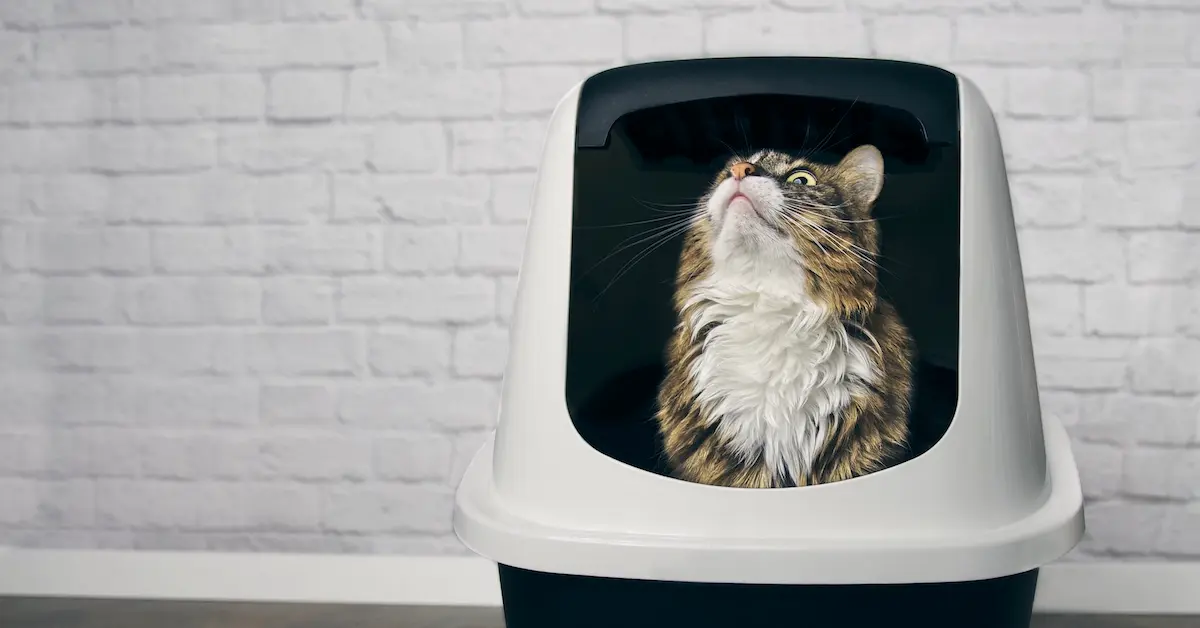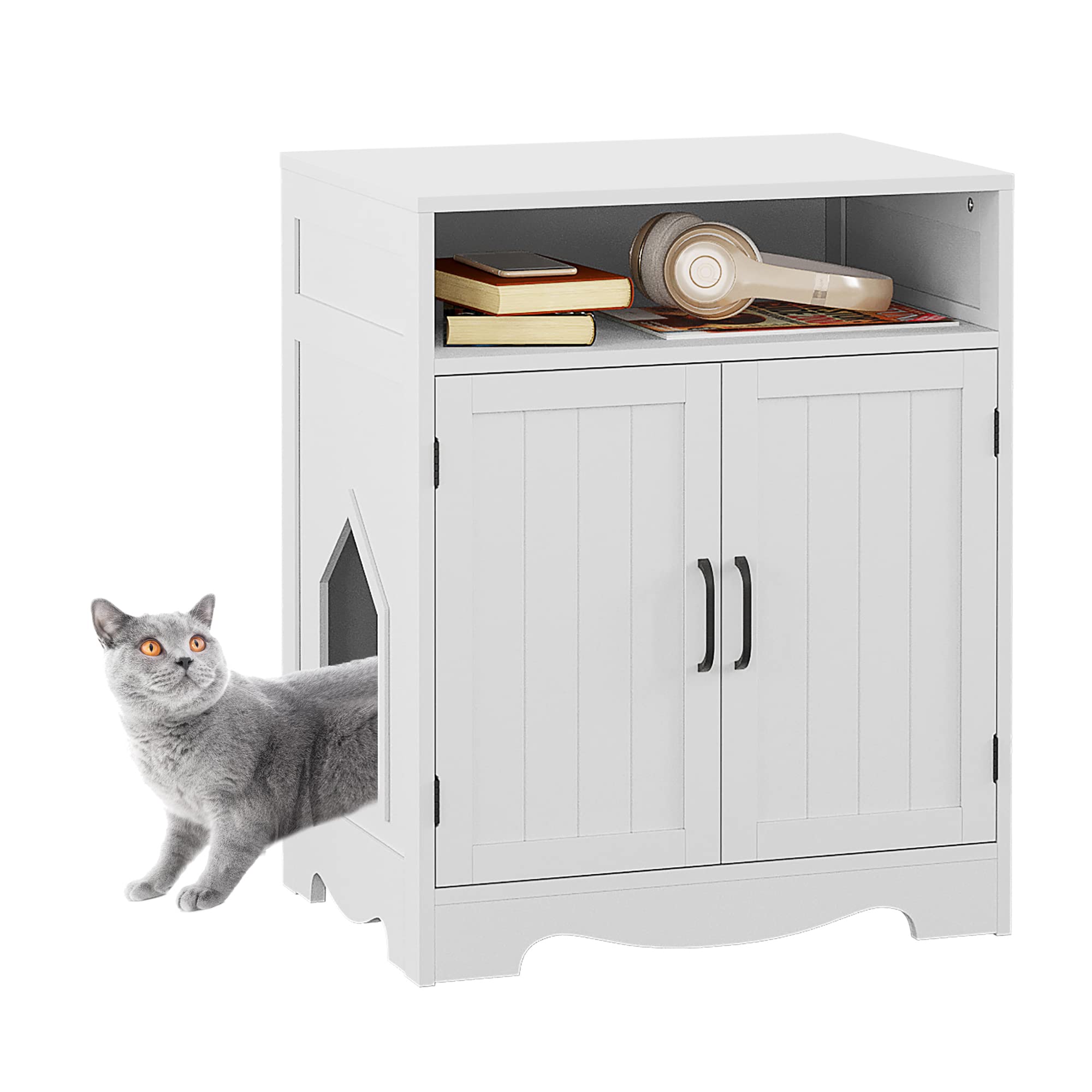Whole Foods welcomes service animals in adherence to the Americans with Disabilities Act (ADA), while the “No Pets” policy does not apply to them. However, pet animals and emotional support animals are not allowed inside stores, except at individual store managers’ discretion.
Whole Foods is a popular grocery store chain known for its organic products and fresh food items, has a “No Pets” policy, and only service animals are allowed in their stores. The company adheres to the Americans with Disabilities Act (ADA) and welcomes service animals in all their stores.
However, pet animals, including emotional support animals, are not allowed inside stores except at the discretion of individual store managers. This article will provide more details about the policy and its implementation at Whole Foods stores in Austin, and information about dog-friendly and healthy food places in Austin, Texas.

Credit: www.nytimes.com
The Pet Policy Of Whole Foods
Whole Foods welcomes all service animals according to the Americans with Disabilities Act (ADA), but pet animals and emotional support animals (ESAs) are not allowed inside stores due to sanitization reasons. However, it’s ultimately up to local store management to decide whether or not to allow pets in their stores beyond service animals.
| The Pet Policy of Whole Foods |
| Whole Foods Market welcomes all service animals in accordance with the Americans with Disabilities Act. However, their “No Pets” policy applies to pet animals and emotional support animals as a general rule. Reports suggest that this policy is subject to the discretion of individual store managers who can choose to allow pets in their store. In New York, laws prohibit dogs in stores off-leash, but they can be allowed on a leash. Whole Foods’ website states that the store leadership determines whether pets are allowed in their stores or not. Some Whole Foods locations have pet-friendly outdoor tables, but this is not universal. Opinions and discussions from Reddit users suggest mixed reviews regarding Whole Foods’ pet-friendliness. |
| Summary: Whole Foods allows all service animals but does not allow pet animals and emotional support animals in their stores currently. However, some store managers may choose to allow pets in their stores. Whole Foods’ pet policy is subject to change depending on the location. |
General Pet Policies in Retail
The Legal and Health Considerations Behind Retail Pet Policies
Retail pet policies are shaped by a combination of legal requirements and health considerations. Health codes, particularly those related to food safety, generally prohibit animals in stores to prevent contamination. Legal considerations often refer to compliance with the Americans with Disabilities Act (ADA), which mandates access for service animals.
Comparison of Pet Policies Across Major Retail Chains
Pet policies vary widely among major retail chains, with some offering more leniency towards pets in non-food related sections or providing designated pet-friendly shopping times. However, grocery stores like Whole Foods often have stricter policies due to the nature of their products.
Whole Foods’ Stance on Pets
Official Pet Policy at Whole Foods
Whole Foods prioritizes the health and safety of its customers and compliance with health codes. As such, pets are generally not allowed in stores, with exceptions made for ADA-recognized service animals that perform specific tasks for individuals with disabilities.
The Distinction Between Service Animals and Pets
Understanding the difference between service animals and pets is crucial. Service animals are trained to perform specific tasks and are protected under federal law to accompany their owners in public spaces, including grocery stores. Pets, on the other hand, do not have the same legal protections for public access.
Service Animals
Definition and Role of Service Animals
Service animals are defined as dogs (and in some cases, miniature horses) that are individually trained to do work or perform tasks for people with disabilities. Their roles can range from guiding individuals who are blind to providing protection during medical crises.
Legal Rights of Service Animals in Public Spaces
Under the ADA, service animals must be allowed in public spaces, including grocery stores like Whole Foods. Owners may need to confirm that their animal is a service animal, but they are not required to disclose their disability or demonstrate the service animal’s task.
Emotional Support Animals vs. Pets
Understanding the Difference
Emotional support animals provide comfort and support in forms of companionship and affection for mental health conditions or emotional disorders. Unlike service animals, they are not trained to perform specific tasks and, therefore, do not qualify for the same legal protections in public access.
Whole Foods’ Policy on Emotional Support Animals
Following health and safety regulations, Whole Foods does not allow emotional support animals inside stores. This policy aligns with the legal distinction that recognizes only service animals’ rights to accompany their owners in public establishments.

Credit: www.nytimes.com
Health and Safety Considerations
Why Most Grocery Stores Are Not Pet-Friendly
The primary reason most grocery stores, including Whole Foods, are not pet friendly is due to health and safety regulations. Grocery stores are held to high standards of hygiene and cleanliness to prevent foodborne illnesses. Pets, despite being beloved family members, can pose risks of contamination and disrupt these controlled environments, leading to stringent pet policies.
How Pets Could Affect Food Safety and Hygiene
Pets can carry dirt, bacteria, and allergens into stores, potentially compromising food safety and hygiene. Issues such as shedding fur, accidental defecation, or urination and food contamination from pets being too close to produce or open food counters highlight the challenges. These concerns are crucial in spaces where fresh, unpackaged, or organic foods are sold, such as Whole Foods.
Impact on Customers and Employees
Considering Allergies and Phobias
Pets in grocery stores can significantly impact customers and employees who have allergies or phobias. Exposure to pets can trigger allergic reactions in some individuals, leading to discomfort or even health emergencies. Similarly, phobias, especially of dogs, can make shopping a stressful experience for some customers, contrary to the comfortable and inclusive environment stores strive to provide.
Creating a Comfortable Environment for Everyone
Grocery stores aim to create a welcoming and comfortable environment for all patrons and staff. This goal necessitates balancing the desires of pet owners with the well-being of the wider customer base, including those who may not feel comfortable around pets. Policies restricting pets from entering the premises, except for service animals, are thus implemented to cater to the broadest audience.
Store Layout and Pet Accessibility
Analyzing the Store Layout for Potential Pet Hazards
The layout of grocery stores, including aisles, displays, and food counters, can present potential hazards for pets. Items that could be harmful if ingested are within easy reach, and the crowded nature of some stores increases the risk of accidents or injuries. These layout considerations play a significant part in why pets are generally not allowed inside.
Pet-Friendly Amenities: Are There Any Available?
While the interior of Whole Foods and similar stores may not accommodate pets, some locations offer pet-friendly amenities outside the store, such as designated parking spots with shade structures, water stations, and tie-up areas. These features provide convenience for pet owners, allowing them to care for their pets even if they cannot bring them inside.

Credit: www.amazon.com
Regional Variations in Pet Policies
How Local Laws Affect Whole Foods’ Pet Policy
Whole Foods’ pet policy varies significantly by location, largely due to local health codes and regulations. In areas with strict health ordinances, pets may not be allowed in the store except for service animals. It’s essential for pet owners to familiarize themselves with the local laws affecting pet policies at their nearest Whole Foods to ensure compliance and avoid any inconveniences.
Examples of Locations with Unique Pet Policies
Certain Whole Foods locations may offer more lenient pet policies due to less restrictive local laws. For instance, some stores in pet-friendly cities might allow pets in outdoor seating areas of in-store cafes. These unique policies are often clearly posted at store entrances or available on the store’s local webpage.
Navigating Whole Foods with a Service Animal
Best Practices for Shopping with a Service Animal
Service animals are welcome in Whole Foods across all locations, adhering to the Americans with Disabilities Act (ADA). When shopping with a service animal, it’s best to ensure that the animal is clearly identified as a service animal, either through a vest or harness, to prevent any misunderstandings with staff and other shoppers.
How to Communicate Your Needs to Store Employees
Effective communication with Whole Foods employees can enhance the shopping experience for individuals with service animals. Informing staff members of your animal’s status as a service animal and any specific needs you may have can help ensure a smooth and accommodating shopping experience.
The Role of Store Management
How Whole Foods Trains Employees on Pet Policies
Whole Foods places a strong emphasis on training its employees to understand and enforce the company’s pet policies, ensuring a consistent shopping experience. Training includes recognizing service animals, understanding the difference between service animals and pets, and knowing how to address customers’ questions or concerns regarding the policy.
Dealing with Policy Violations: A Manager’s Perspective
Store managers play a crucial role in enforcing pet policies and handling any violations. This might involve educating customers about the store’s pet policy, addressing concerns from other shoppers, and ensuring that any issues are resolved in a manner that respects the rights and needs of all customers. Managers are trained to handle these situations with sensitivity and professionalism, ensuring that the store environment remains welcoming and inclusive for everyone.
Frequently Asked Questions For Is Whole Foods Pet Friendly
Can Dogs Be In Whole Foods?
According to Whole Foods Market’s official policy, only service animals are allowed inside their stores in compliance with the Americans with Disabilities Act. Pet animals and emotional support animals (ESAs) are not permitted inside the store except with the discretion of individual store managers.
Are Dogs Allowed In Whole Foods Austin?
Only service dogs are allowed in Whole Foods stores in Austin due to sanitization reasons. Pet animals and emotional support animals (ESAs) are not allowed inside stores as a general rule. However, individual store managers have the discretion to allow pets in their stores.
Whole Foods Market welcomes all Service Animals in accordance with the Americans with Disabilities Act (ADA).
Are Dogs Allowed In Supermarkets In Nyc?
According to NY law, only service dogs restrained on a leash are allowed in supermarkets. Whole Foods Market also follows this rule and only welcomes service animals. However, some reports suggest that allowing pets is up to the discretion of the individual store managers.
Can I Bring My Pet To Whole Foods Stores?
No, you can’t bring your pet to Whole Foods stores except for service animals. Our “No Pets” policy is a store-wide rule, and we don’t accept emotional support animals.
Conclusion
Whole Foods Market’s pet policy is straightforward and consistent with the Americans with Disabilities Act (ADA). The store welcomes all service animals, while pet animals and emotional support animals are not permitted as a general rule due to sanitization reasons.
However, some reports suggest individual store managers may use discretion. Therefore, it’s best to check with the store manager regarding their specific policies. Overall, Whole Foods Market remains a fantastic and pet-friendly place to shop for organic, healthy options with your furry friend.





One Response